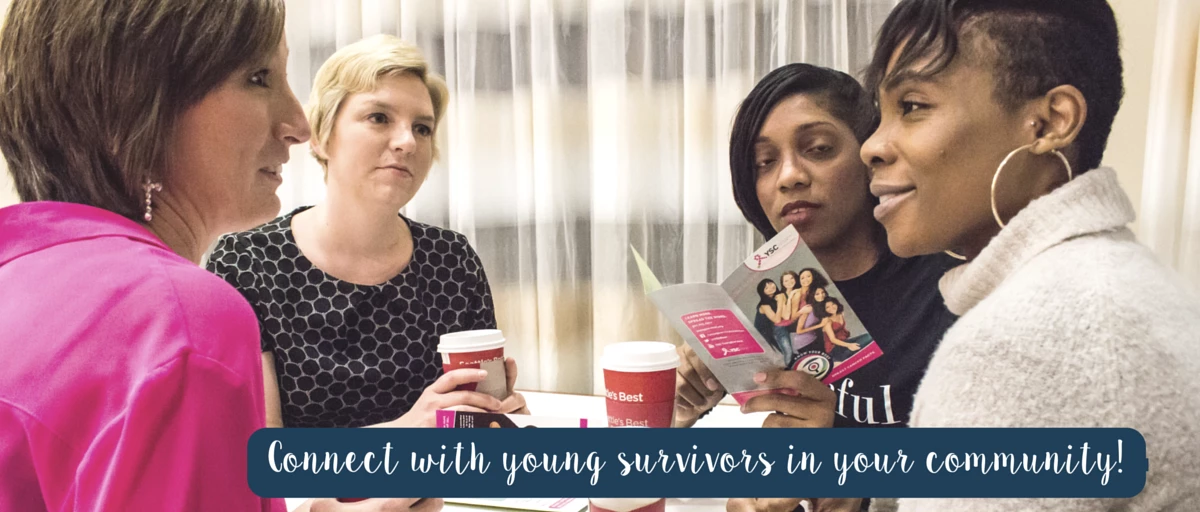Whether you’re dealing with the shock of a diagnosis, struggling with the effects of chemo brain or living with the fear of recurrence, mental well-being is an important aspect of your overall health. Taking care of your mental health can support your treatment and help you feel better physically.
For National Women’s Health Week, we curated a list of tips from our resources and blog to help you cope because you deserve to live a full and meaningful life.
Let Your Creative Juices Flow.
A breast cancer diagnosis can often lead to a mixture of emotions that are difficult to process and communicate. Expressive arts - journaling, painting, music/theater - is a way to cope with a breast cancer diagnosis and to create a legacy. It’s an opportunity to express the range of emotions you experience on your journey with breast cancer.
Read Ali Schaffer’s Inner Creative Goddess blog for inspiration and learn about the benefits of journaling from our Associate Director of Survivorship Programs, Jean Lowe, LCSW, OSW-C, CJT.
Grieve.
Don’t ignore what you're feeling. Feelings of anger and grief are natural; acknowledge them and take time to mourn your losses. They are real and you have the right to grieve. With grief comes growth. Recognize that you are more than cancer and look for new ways to feel good - inside and out.
Visit our Quality of Life section for more in-depth information on the physical and psychological challenges young women with breast cancer face.
Meditate.
Regular meditation can help calm your mind and body and improve health. There are many types of meditation including mindfulness, yoga, qigong, tai chi, transcendental and aikido. Find one that works best for you and your needs. One easy way to do this is to take a few minutes in the morning to close your eyes and set the energy and tone for your day.
Learn about the benefits of spirituality and meditation from National Cancer Institute and in the Nutrition & Physical Wellness section of our Multi-Media Learning Library. Check out popular meditation apps here!
Seek Professional Help.
There are some topics and emotions that you don’t want to discuss with friends and family. A healthcare provider, such as a social worker or psychologist, make great objective listeners and can help you cope.
Visit the American Psychological Association’s Breast Cancer & Mental Health fact sheet to understand the relationship between mental health and breast cancer and what role psychological treatment can play in your breast cancer treatment.
Ask For Help.
It is important to remember that you are not alone. Your friends and family want to help you during this difficult and exhausting time. With great websites like Lotsa Helping Hands, Take Them a Meal, Care Pages, you can create a support circle allowing friends and family to help schedule meals, give rides to/from treatment and assist with daily duties like cleaning.
Utilize the YSC Community.
Whether you are looking to connect in-person, online, or one-on-one, YSC has a program for you. Our Face 2 Face networks offer an opportunity to connect with young survivors in your community. Sometimes you just want to talk to someone who understands what you're going through. YSC offers peer-to-peer mentoring to help you find crucial support from someone who has been there.
Other Helpful Resources:
- Stress reducing tips by Christina Hill, Regional Field Manager (South)
- National Cancer Institute’s section on Psychological Stress and Cancer
- YSC's Multi-Media Learning Library
Don't forget to check out the other awesome resources from YSC this week in celebration of National Women’s Health Week! We encourage you to join the conversation on Facebook and Twitter.





